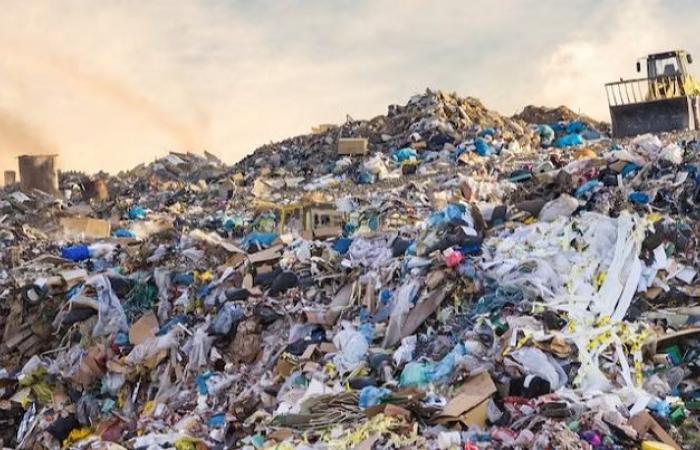The Ellen MacArthur Foundation has highlighted the need to implement a mandatory extended producer responsibility (EPR) system to build a circular textile ecosystem. The entity, which has published the study Pushing the limits of RAP in the textile sectorurges “unprecedented collaboration between governments” to scale textile waste collection and sorting systems.
“All over the world, around 80% of textiles end up outside the system once discarded, ending up incinerated or in landfills”says the report. The foundation has highlighted that these systems still face difficult economic profitability today, which represents a barrier to achieving a circular economy in the sector.
To overcome this obstacle, The entity has urged national systems to align under the same key objectives, while adopting a series of their own objectives that adapt to the characteristics of each country or region. “In addition, the possibility of extending this policy beyond national borders to manage textile waste in the countries where it ultimately ends up should be explored,” the report states.
The foundation has urged the implementation of RAP beyond national borders
The study has also highlighted four key benefits of ecotax systemswhich include the attraction of investment capital to build the necessary infrastructure to scale recycling systems or greater transparency and traceability of materials.
“In the current system, most business models are linear: they are based on large volumes of new products, made from virgin resources and often used for a short time to be discarded later,” the entity warns. To change this situation, the foundation has urged companies to design products more sustainably (as will be regulated through the new Ecodesign Law), invest in shared structures and accelerate collaborative systems.
Finally, the entity has highlighted the need for companies to begin acting as soon as possible, given the possibility that the regulations “still take years to arrive.” “Coordinated industrial actions are necessary to change linear economic models and capture all the opportunity value of the sector by using the materials and products for as long as possible,” he concludes.






